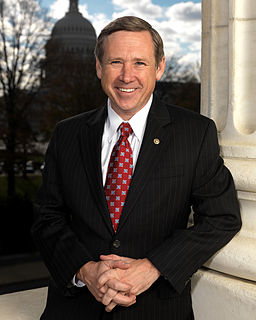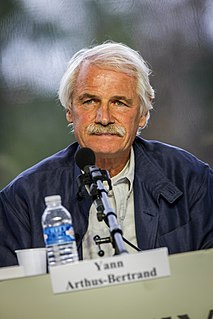A Quote by Elizabeth Kolbert
Increasingly developing countries are asking for aid to help deal with the consequences of climate change, which we don't want to give.
Related Quotes
Climate change is...a gross injustice-poor people in developing countries bear over 90% of the burden-through death, disease, destitution and financial loss-yet are least responsible for creating the problem. Despite this, funding from rich countries to help the poor and vulnerable adapt to climate change is not even 1 percent of what is needed.
Climate change hype has grave real world consequences. It gets rich countries to adopt silly policies and to impose devastating eco-imperialism on poor countries. The world's rich millions can afford environmental extremism; its poor billions can't. Climate change pseudo-science about human causality has been exposed repeatedly. What's less appreciated is that there aren't more natural disasters in need of an explanation.
The best thing that we can do on climate change is make sure that China converts to a more nuclear future to limit those - that one coal-burning plant coming on a week that we expect - that would really help the planet. We need to work cooperatively with developing countries to make sure they emit less.
Considering that future generations will be far better off than current generations even after accounting for climate change, it would be more equitable for today's industrialized world to help solve the real problems facing today's poorer developing world than to mitigate climate change now to help reduce the burden on future populations that would not only be wealthier but also technologically superior.
































